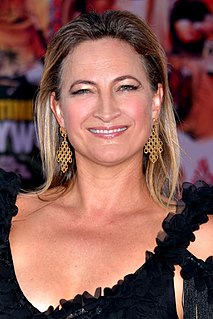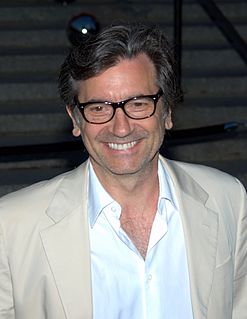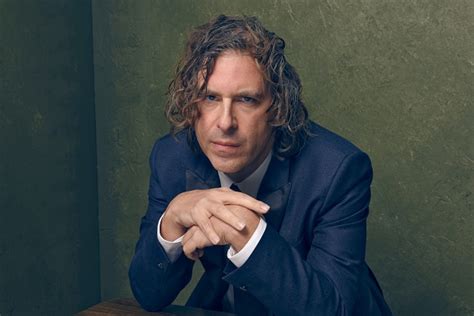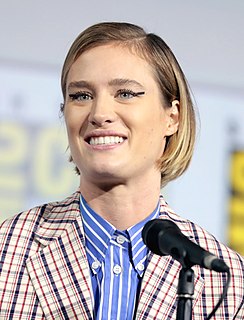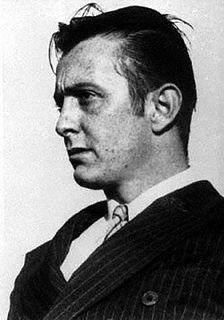A Quote by Roger Deakins
My time in documentaries was very educating, in terms of life experience as well as the filmmaking side of it.
Quote Topics
Related Quotes
Critics can say what they like about the films, but very often, there's a certain expectation of documentaries that they're supposed to be like PowerPoint presentations. I see documentaries as movies. So when I see some critics writing that we could have done without the recreations altogether - well, perhaps.
One day I decided to move towards documentaries or to move to more directing in documentaries at this point in my career. Why documentaries? I also love fiction. I would love to direct a fiction movie as well. But I think where I come from, reality is so interesting and has in it so many good stories to tell, this is why I'm doing that. I'm enjoying that.



